Personal touches and strategic communication timing have revolutionized the digital sales approach at Mountain View Auto Group, leading to a remarkable increase in their internet lead conversion rates during the first quarter of 2024.
The dealership group, which operates multiple franchises across Colorado, has achieved a 47% improvement in their internet closing ratio by implementing a sophisticated yet surprisingly straightforward customer outreach protocol. This success story offers valuable insights into the evolving landscape of automotive retail in an increasingly digital marketplace.
Sales Director Jennifer Martinez spearheaded the innovative approach after noticing a concerning pattern in their traditional internet lead response system. “We were following the industry-standard playbook – immediate automated responses followed by generic follow-ups. But our conversion rates remained stagnant,” Martinez explained during a recent interview at the dealership’s flagship location.
The breakthrough came when Martinez and her team analyzed thousands of successful sales transactions from the past three years. They discovered that leads who received personalized responses within specific timeframes were significantly more likely to convert into sales. This insight led to a complete overhaul of their digital communication strategy.
Central to the new approach is what Martinez calls “The Golden Hour Response” – a carefully crafted initial contact that combines automation efficiency with personal touch. When a lead arrives, the system automatically categorizes the inquiry based on multiple factors, including the specific vehicle of interest, time of day, and customer’s previous interaction history with the dealership.
Rather than sending an immediate generic response, the system delays the initial contact to within 45-60 minutes, allowing sales team members to review the lead details and craft a more meaningful first interaction. This strategic delay, counter to conventional wisdom about immediate responses, has proven remarkably effective.
“We discovered that customers actually prefer a slightly delayed, well-thought-out response over an instant automated message,” noted David Chen, the dealership’s Digital Marketing Manager. It gives them time to complete their online research session and shows them we’ve taken time to consider their specific needs.
The dealership’s new protocol includes analyzing customers’ online behavior patterns before making contact. Sales team members review which vehicles the potential buyer has viewed on the website, how long they spent on each listing, and whether they’ve used payment calculators or other tools. This information helps craft more relevant and helpful responses.
Technology plays a crucial role in the new system, but not in the way most would expect. While the dealership utilizes advanced CRM software, the emphasis is on using technology to enable human connection rather than replace it. Sales team members are equipped with tablets containing detailed vehicle information, market comparisons, and customer interaction history, allowing them to provide informed responses whether they’re at their desk or on the showroom floor.
Training has been another critical component of the success. The sales team underwent extensive coaching on digital communication techniques, focusing on how to convey empathy and expertise through written messages. “We learned that certain words and phrases resonate better with online customers,” said Sarah Thompson, a veteran sales consultant at the dealership. “It’s about finding the right balance between professional and approachable.”
The results have been impressive beyond just the improved closing ratio. Customer satisfaction scores for internet sales have increased by 35%, and the average time from initial contact to purchase has decreased by nearly two weeks. Perhaps most significantly, the dealership has seen a 28% reduction in the cost per sale for internet leads.
Industry analysts have taken notice of Mountain View’s success. “What they’re doing isn’t revolutionary in terms of technology, but their approach to human-centered digital sales is noteworthy,” commented Michael Rodriguez, an automotive retail consultant with Digital Dealer Solutions. They’ve effectively bridged the gap between digital convenience and personal service.
The dealership’s finance department has also adapted to support the new sales approach. Finance managers now provide preliminary approval information and payment options earlier in the process, addressing one of the main friction points in online car shopping. This transparency has led to faster transaction times and higher customer satisfaction with the finance process.
Local competitors have begun to take notice of Mountain View’s success, with several dealerships in the region reportedly reviewing their own internet sales procedures. However, Martinez believes the key to their success isn’t just in the process itself but in the dealership’s commitment to continuous improvement and adaptation.
Looking ahead, Mountain View Auto Group plans to further refine their approach based on ongoing data analysis and customer feedback. They’re currently developing an AI-assisted system to help predict the optimal timing for follow-up communications based on individual customer behavior patterns.
The success story at Mountain View Auto Group demonstrates that in an increasingly digital car-buying landscape, the human element remains crucial. By thoughtfully combining technology with personal attention, dealerships can significantly improve their internet sales performance while maintaining the relationship-based approach that has long been the foundation of automotive retail.

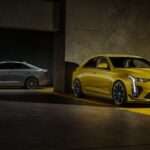
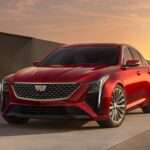
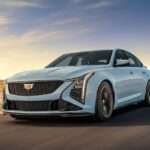





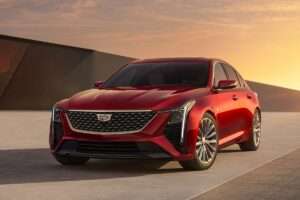
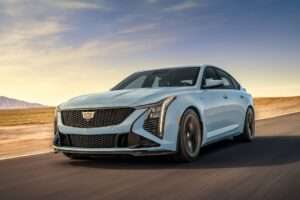





Add Comment